How to Handle Warrantless Searches When Entering the US
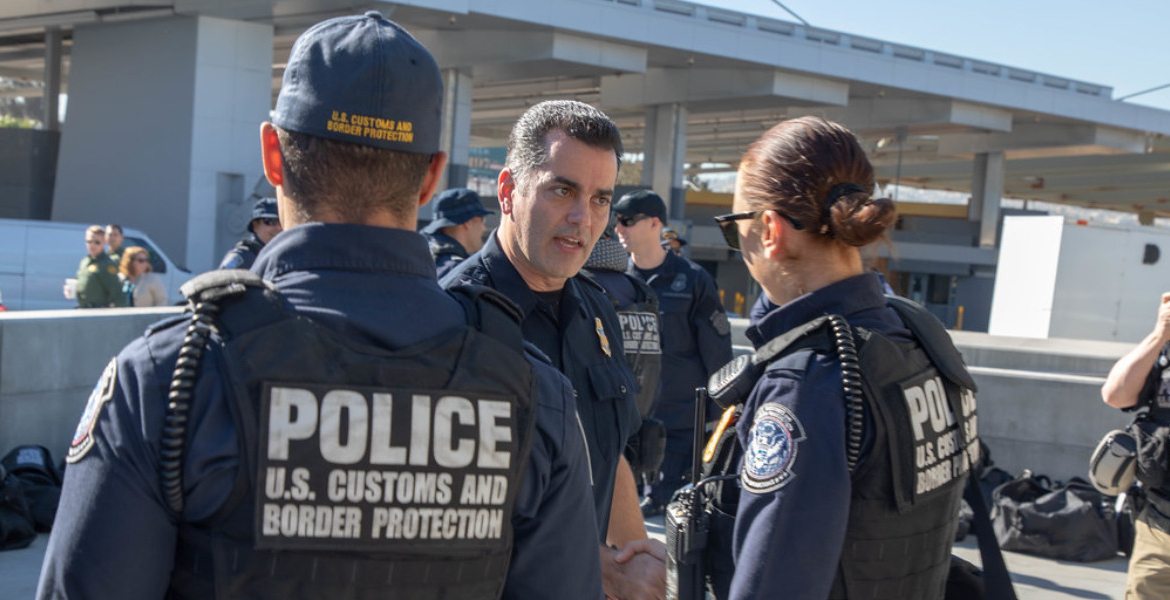
Increased security measures at US ports of entry are generating concern among travelers, as reports of detainments and entry denials become more frequent.
US Customs and Border Protection (CBP) has implemented stricter inspection protocols under a heightened national security approach, igniting debates over privacy, potential profiling, and the scope of travellers' rights.
Recent incidents have brought the issue to the forefront. A French scientist, for example, was reportedly denied entry due to comments regarding US research policies. These developments have led US citizens and foreign nationals to worry that their social media activity or personal beliefs could subject them to undue questioning.
Every individual entering the US is subject to inspection by border control officers. CBP maintains that lawful travellers have nothing to fear and that these measures are intended to protect national security. The agency asserts that entry into the US is a privilege, not a right, and those suspected of malicious intent will be denied access. US citizens and green card holders cannot be refused entry, but are required to provide identification and respond to routine questions about their trip. However, additional screenings may be conducted if officers deem it necessary.
Refusal to permit a phone search may result in detainment or extended questioning. Noncitizen visa holders and tourists face a greater risk of denial of entry if they fail to cooperate with CBP inquiries. Immigration advocates advise travellers to answer questions truthfully and comply with directives. Digital privacy has also emerged as a significant concern due to increased scrutiny of electronic devices at border crossings. Officers are authorized to search content on a traveller’s phone, but material stored in cloud-based services is generally considered off-limits.
Legal experts recommend that individuals review their digital content before travelling to minimize the risk of intrusive searches. In the event a device is confiscated, travellers should request documentation detailing the incident and contact information for follow-up inquiries. Travelers entering the US possess certain rights, but these protections are more limited than within the country's interior. Border agents have broad authority to conduct searches without warrants under certain conditions.
Individuals, except for tourists, retain the right to remain silent when questioned, although this may have consequences. Authorities cannot detain or arrest a traveller without reasonable suspicion or probable cause. US citizens and lawful permanent residents are not required to disclose their political or religious beliefs during questioning, although noncitizens who refuse to answer may risk denial of entry. Meanwhile, allegations of racial or religious profiling at border checkpoints have surfaced, prompting concerns over potential discriminatory practices.
While federal guidelines prohibit such profiling, travellers who believe they have been unfairly targeted can file a formal complaint with the appropriate agency. Documenting incidents and seeking legal counsel is advisable.
As border enforcement measures continue to evolve, it is recommended that travellers stay informed, understand their rights, and take precautionary steps to ensure smooth entry while protecting their privacy and legal interests.

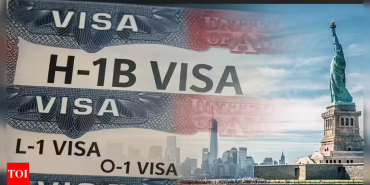
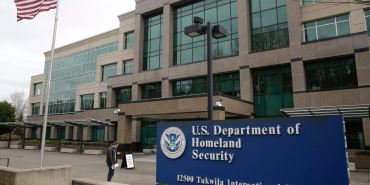
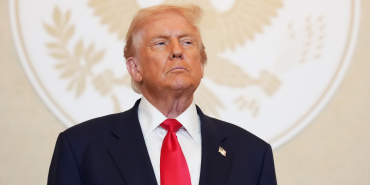
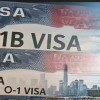
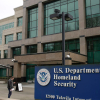


Add new comment